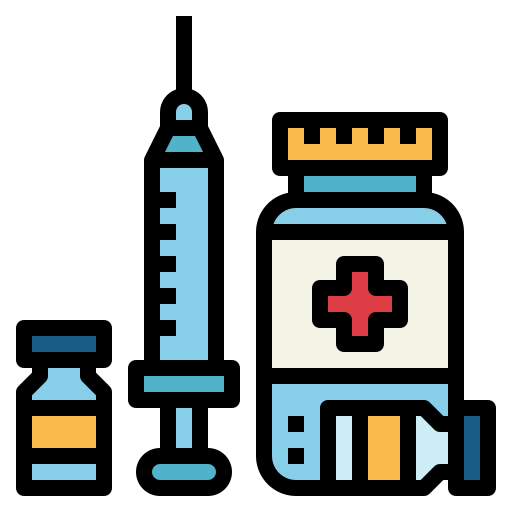Insomnia is difficulty in getting to sleep, difficulty staying asleep, early wakening, or non-restorative sleep despite adequate time and opportunity to sleep, resulting in impaired daytime functioning, e.g. poor concentration, mood disturbance, and daytime tiredness. There is no standard definition of what constitutes normal sleep; the amount required to maintain function varies between individuals and changes with ageing.
There has been a move away from classifying insomnia by underlying cause, instead focusing on duration:
Short-term insomnia: Lasts less than three months. This is a common condition and is often associated with stressful life events, changes in routine (eg, shift work, jet lag), or environmental factors.
Long-term (chronic) insomnia: Lasts more than three months. This often co-exists with medical or psychiatric disorders, with the potential for bidirectional effects. By nature, chronic insomnia develops from a shorter-term difficulty with sleep; maladaptive cognitions and behaviours may contribute to this transition.
Assessment of a person with suspected insomnia should also include consideration of separate sleep disorders.
Non-pharmacological management of insomnia
Management of insomnia should consider addressing precipitants and/or identification and treatment of underlying causes. Prescribers should routinely provide information on promotion of good sleep habits (sleep hygiene) to make people aware of behavioural, environmental, and temporal factors that may be detrimental or beneficial to sleep. Specific psychological interventions may be helpful for some patients (e.g. cognitive therapy, stimulus control, sleep restriction, progressive relaxation).
General tips to help with sleep include:
- Establish fixed times for going to bed and waking up (never sleep in the day and avoid sleeping in after a poor night’s sleep).
- Relax before going to bed e.g. warm drink, hot bath, reading or a relaxation tape.
- Maintain a comfortable sleeping environment: not too hot, cold, noisy or bright.
- Avoid stimulants such as caffeine and nicotine in the evening (or completely).
- Avoid exercise within 4 hours of bedtime (exercise earlier in the day is beneficial).
- Avoid eating a heavy meal late at night.
- Avoid screen time an hour before bedtime
Pharmacological management of insomnia
There is good evidence for the efficacy of hypnotic drugs in short-term insomnia but they do not treat any underlying cause. Use of hypnotics is associated with adverse effects, such as daytime sedation, poor motor concentration, falls, accidents, cognitive impairment, dependence and withdrawal. In older people, in particular, the magnitude of the beneficial effect of hypnotics may not justify the increased risk of adverse effects (cognitive impairment and risk of falls). Non-pharmacological measures should always be considered before prescribing hypnotics. Hypnotic medication should only be initiated when non-pharmacological interventions have been unsuccessful for managing severe, disabling insomnia causing extreme distress or functional impairment and after discussion with the patient. Hypnotics should be prescribed at the lowest effective dose for as short a period as possible, in strict accordance with the licensed indications.
For short-term insomnia that may resolve soon, a short course (3-7 days) of a short-acting hypnotic may be indicated. For short-term insomnia that is unlikely to resolve soon, and for chronic insomnia, psychological therapy is the preferred first line option. In both cases, a short course of a short-acting hypnotic may be beneficial for people with particularly severe symptoms or at points of acute exacerbation. Chronic insomnia rarely benefits from hypnotics and routine use of hypnotics is undesirable. Tolerance can develop rapidly (in 3 to 14 days with continuous use) and withdrawal after long-term use can lead to rebound insomnia and withdrawal symptoms.
The Benzodiazepine and z-drugs Quality Prescribing Guide developed by the Scottish Government Effective Prescribing & Therapeutics Division provides information to support clinicians in the appropriate prescribing of benzodiazepines and z-drugs. This includes advice on reducing, stopping and switching hypnotic therapies.
Useful links
